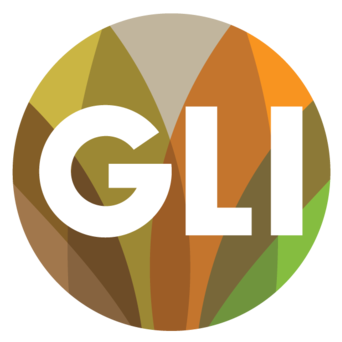This project would not have been possible without many others who are not listed as authors. Thank you to Professor Laurie Miller and our Teaching Assistant, Amal Ghazalein, for reviewing each deliverable with detail-oriented eyes. Thank you to the MPA program and the Brooks School of Public Policy for providing us with the opportunity to work on this project as our capstone project.
Introduction →
The Global Livingston Institute (GLI) is a nonprofit that aims to improve the healthcare and educational opportunities for people in Uganda and Rwanda. This specific project was an evaluation of a GLI program centered around Ugandans with Down syndrome. We also conducted a needs assessment for this same population. One of the biggest limitations to the GLI's ongoing program related to Down syndrome in Uganda is the lack of data collection by the GLI. Therefore, in addition to conducting an evaluation and needs assessment, we were also tasked with proposing appropriate data indicators for future data collection. This GLI program is funded by the Global Down Syndrome Foundation.
The GLI, as a research institution, has conducted recent studies that summarize the literature on people with Down syndrome in low-resource settings such as Uganda. The GLI also currently runs one main intervention event called World Down Syndrome Day which is a celebration and knowledge-sharing event held every March, close to March 21st, when the actual namesake day is.
We were able to survey 20 non-profits all of whom work to improve the quality of life for clients with Down syndrome. For the purposes of this report, we refer to them as "DSOs" or Down syndrome organizations. The GLI works with these DSOs in the Kabale and Rubanda districts of Uganda. These DSOs were given the option of staying anonymous for the purposes of this survey, given the GLI's role as a central organizing entity, akin to a hub-and-spoke model, in the ecosystem of Down syndrome nonprofits in Uganda. Therefore, we do not name the organizations in this report, but the information of the DSOs who provided their names in their survey responses are in our data files.
Our findings revealed several key insights into the current state of Down syndrome awareness, care, and support in the Kabale and Rubanda districts. We discovered that while the majority of DSO's view both theirs and the GLI's work in spreading awareness about Down syndrome as highly effective, many DSOs still face significant barriers to accomplishing their organizational missions, particularly related to a lack of technical assistance, resources (both tangible and intangible), and publicity. The survey results also highlighted the need for improved data collection and monitoring practices among DSO's to better track and quantify their impact.
Furthermore, our evaluation of the GLI's World Down Syndrome Day event showed promising results in terms of increased reach and effectiveness in reducing stigma related to Down syndrome . However, we identified areas for improvement, such as the need for more standardized data collection and feedback mechanisms to maximize the event and future interventions' impact.
Overall, our evaluation and needs assessment provide valuable baseline data and recommendations for the GLI to enhance their assistance of DSOs in Uganda. By addressing the identified gaps and leveraging the strengths of their partnerships with DSO's and the Global Down Syndrome Foundation, the GLI can continue to drive positive change and improve the lives of individuals with Down syndrome in the region. We also provide a list of indicators that should be tracked for future impact evaluations.


